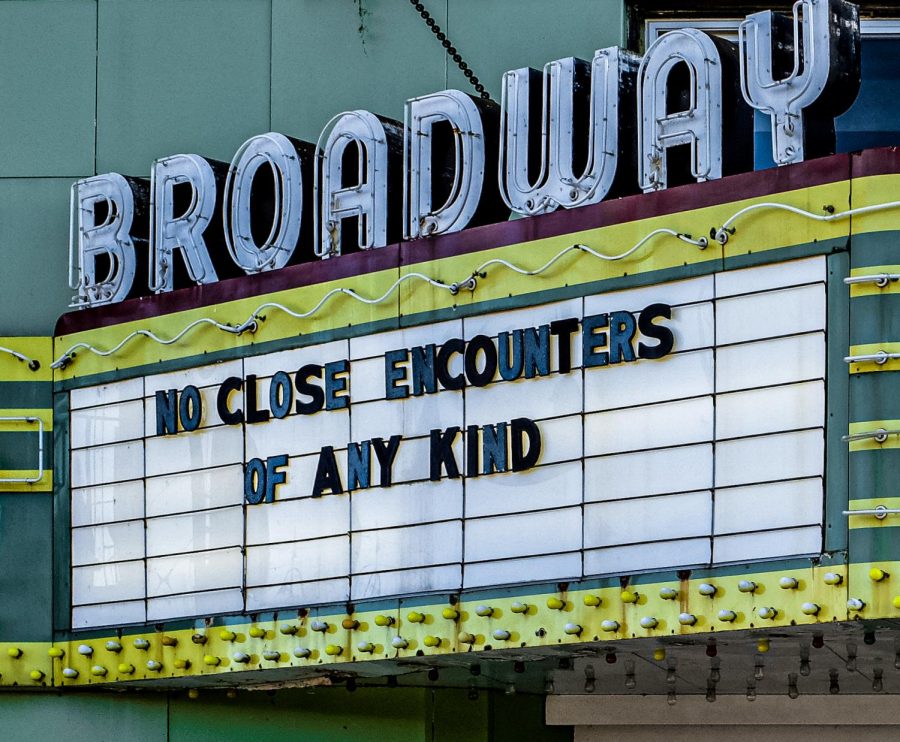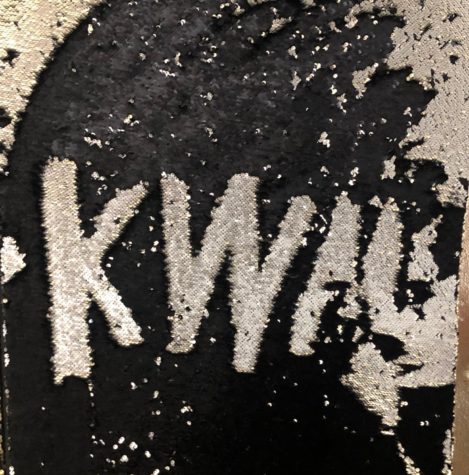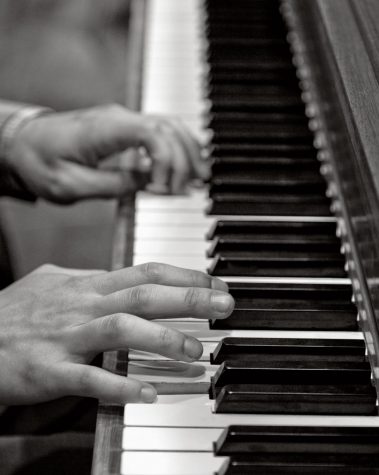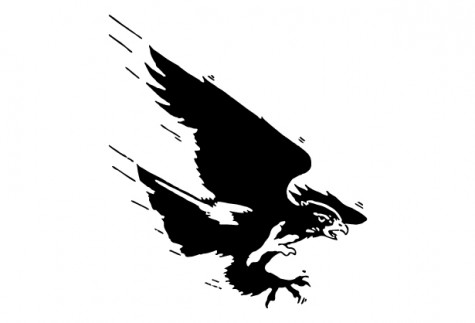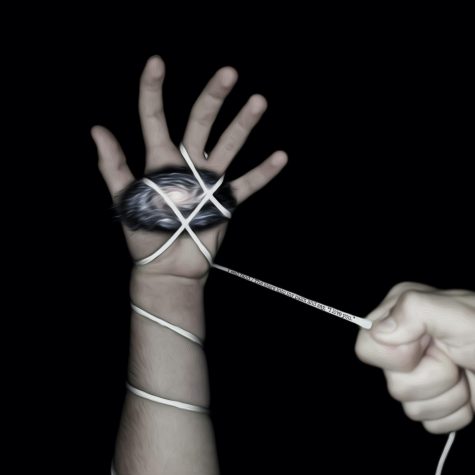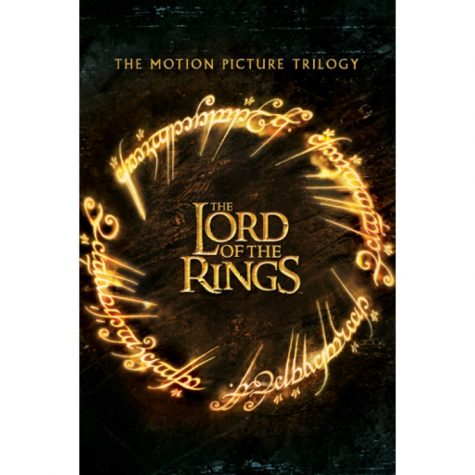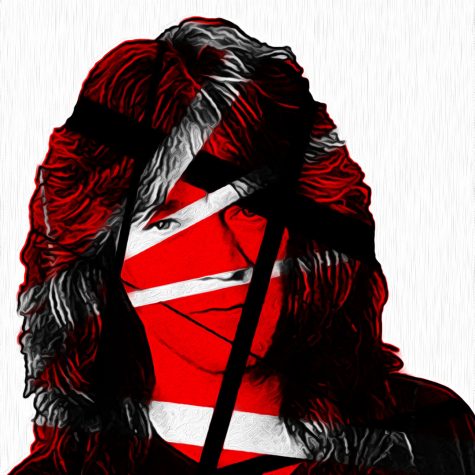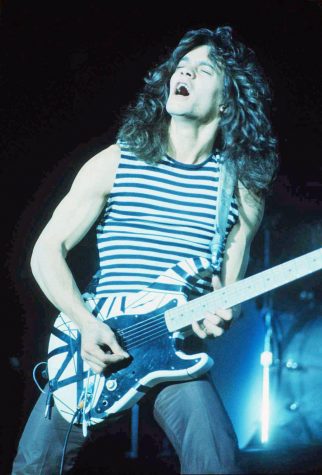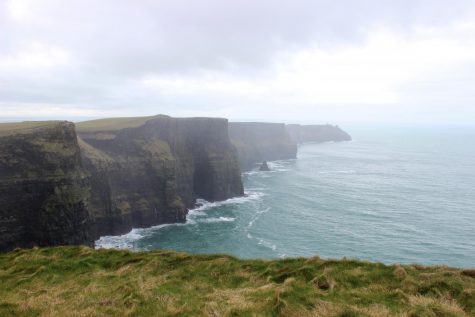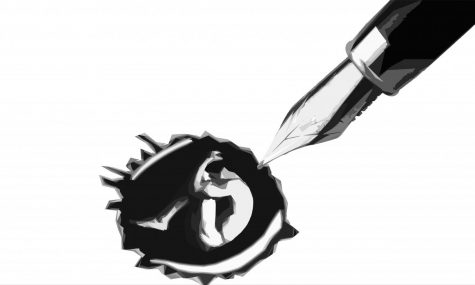The Show Can Go On: Inside Ursuline’s Fall Production
Photo Credit: Dan Gaken from Mt. Pleasant, MI, United States
Theater was one of the first casualties of the coronavirus crisis at Cistercian, with A Midsummer Night’s Dream being canceled before the curtains could ever open. The pandemic has made it impossible to stage a traditional production, as actors and audience members need to maintain social distancing. This does not mean, however, that theater must lie dormant until the virus is defeated. For its fall production, Ursuline Academy of Dallas brought the show out to the audience, broadcasting two plays, War of the Worlds and The Radio Play Disaster, online.
One of the reasons the production was possible is that both of these shows are uniquely suited for streaming. War of the Worlds is a radio play designed to mimic a normal show on the radio, except the program is interrupted by the invasion of a Martian fleet decimating the East Coast. According to popular myth, the show was entirely convincing to its original 1939 audience, forcing its narrator Orson Welles to assure the listeners after it concluded that the United States had not been ravaged by an alien attack. The Radio Play Disaster, meanwhile, is a spoof on the former play, with the egotistic director seeking to boost his program’s ratings by chronicling a fake invasion from Venus. Unfortunately for him, this interplanetary tragedy does not exactly succeed in tricking its audience, instead collapsing into complete chaos. Since War of the Worlds was written for live broadcasting, and The Radio Play Disaster is a parody of it, the plays were able to be adapted for online streaming (with the former even presented as solely audio).
One may wonder how the cast and the crew of this production could rehearse and perform during the pandemic. Initially, rehearsals were held virtually before later moving to the Ursuline theater, where participants came in masks and stayed apart from each other. The casts of the two plays worked separately whenever possible, though some actors, such as Cistercian’s Horton Richard (‘21), had roles in both. Actors were spaced out on stage, and until the final dress rehearsal and the actual shows, all onstage performances were given in masks. While there was an audience physically present for each run, all were extremely small, with people spread throughout the theater. Because of the cast, crew, and audiences’ adherence to safety protocols, the production was possible.
Even though the production was very different from a typical show, it still offered the challenge and connection that makes theater so special for its participants. As an actor in War of the Worlds, I had to communicate my whole character through my voice, which was a new experience for me in theater. I especially enjoyed crafting my performance as the narrator Orson Welles, drawing from both the original audio I had heard from the 1939 broadcast and the haunting, enigmatic narrator of The Twilight Zone to create a voice that fit the role. My favorite part of the experience, however, was simply spending time with the rest of the cast and crew. The community of theater is what draws me to participate, and even COVID-19 cannot conquer the special power theater has to bring people together.
Ursuline’s successful fall production is proof that theater does not have to wait until the pandemic subsides. Ursuline has already begun to rehearse its spring musical Into the Woods, which will be performed outside, and the front steps of Cistercian will soon become the stage for Twelfth Night. Theater will certainly be different for some time to come, but with the ingenuity of its creators, it can continue in the face of the coronavirus. The show can go on!
